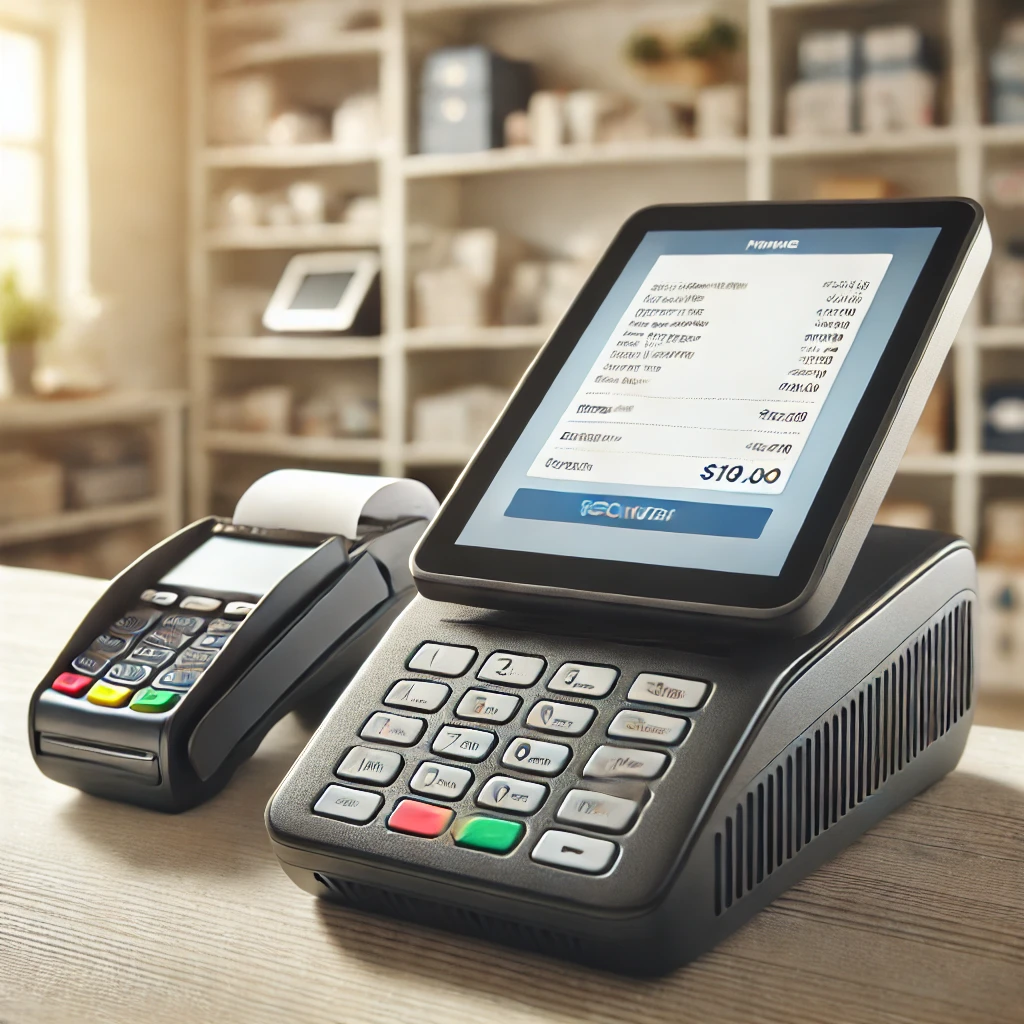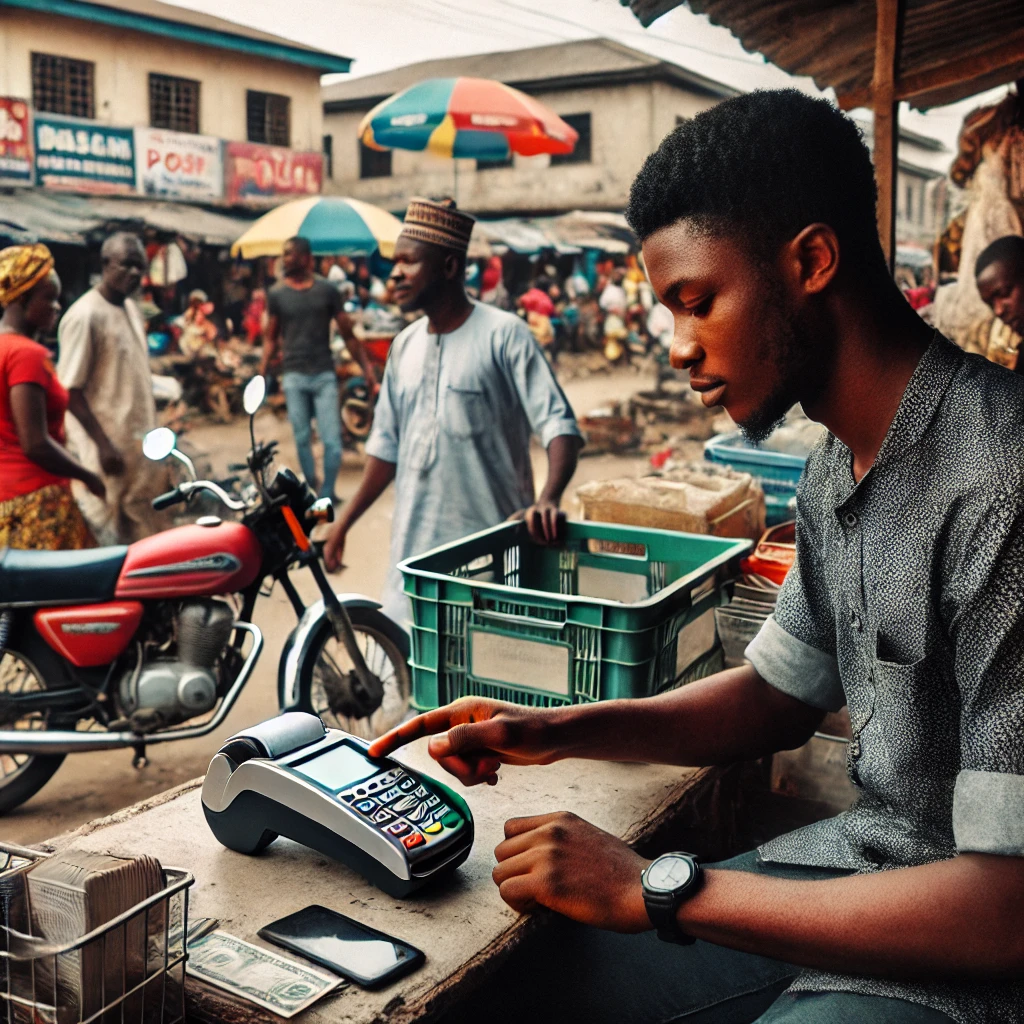Starting a Point of Sale (POS) business in Nigeria has become increasingly lucrative due to the rising demand for convenient financial services, especially in areas with limited banking infrastructure. This comprehensive guide will walk you through the essential steps, costs, requirements, and success tips to establish a profitable POS venture in Nigeria.
Understanding the POS Business in Nigeria
A POS business involves providing financial services such as cash withdrawals, deposits, transfers, bill payments, and airtime purchases to customers using a POS terminal. As a POS agent, you act as a bridge between banks or fintech companies and the unbanked or underbanked population, facilitating transactions that would otherwise require a trip to the bank.
Benefits of Starting a POS Business

- High Demand: Many Nigerians prefer the convenience of POS services over traditional banking, especially in rural or densely populated urban areas where banks or ATMs are scarce.
- Low Startup Costs: Compared to other businesses, starting a POS operation requires relatively modest capital investment.
- Multiple Revenue Streams: Beyond cash withdrawals and deposits, you can offer services like bill payments, airtime sales, and money transfers, diversifying your income sources.
Requirements for Starting a POS Business
- Business Registration: Register your business with the Corporate Affairs Commission (CAC) to lend credibility and comply with regulatory standards. This process typically costs between ₦10,000 and ₦20,000.
- Valid Identification: Possess a valid means of identification, such as a National ID card, driver’s license, international passport, or voter’s card.
- Bank Verification Number (BVN): Ensure you have a BVN, which is necessary for financial transactions and agent registration.
- Bank Account: Maintain an active bank account, preferably a current account, with the bank or fintech company you plan to partner with.
- Proof of Address: Provide a recent utility bill or bank statement as evidence of your business location.
- Initial Capital: Secure sufficient funds to handle daily transactions, known as a cash float. A starting float of ₦50,000 to ₦100,000 is recommended, depending on your anticipated transaction volume.
- POS Terminal: Acquire a POS machine from a reputable provider. Costs vary depending on the provider and terminal type. For instance, a mini-POS costs around ₦8,500, while standard POS machines with receipt printers average ₦20,000. More advanced machines, like the Android POS, can cost up to ₦50,000.
Steps to Establish Your POS Business

- Conduct Market Research
- Assess Demand: Identify areas with high foot traffic and limited banking facilities. Markets, residential areas, and transportation hubs are ideal locations.
- Analyze Competition: Understand the services offered by existing POS agents in your chosen area and identify gaps you can fill.
- Choose a Strategic Location
- Visibility: Select a spot that is easily accessible and visible to potential customers.
- Security: Ensure the area is safe, as you’ll be handling cash transactions.
- Partner with a Reliable POS Service Provider
- Banks: Many Nigerian banks, such as First Bank, Access Bank, and Zenith Bank, offer POS services to agents.
- Fintech Companies: Platforms like OPay, Moniepoint, and Paga provide POS terminals and support services.
- Application Process: Typically involves filling out a form, providing necessary documentation, and sometimes paying a registration fee.
- Acquire Necessary Equipment
- POS Terminal: Purchase or lease the machine from your chosen provider.
- Furniture: Set up a table, chair, and possibly a shade or umbrella if operating outdoors.
- Power Supply: Invest in a reliable power source, such as a generator or power bank, to ensure uninterrupted operations.
- Market Your Services
- Signage: Display clear signs indicating the services you offer.
- Promotions: Offer discounts or loyalty programs to attract and retain customers.
- Customer Service: Provide friendly and efficient service to encourage word-of-mouth referrals.
Cost Breakdown
- POS Machine: ₦8,500 – ₦50,000
- Business Registration: ₦10,000 – ₦20,000
- Shop or Kiosk Space: ₦20,000 – ₦150,000 (depending on location)
- Initial Cash Float: ₦50,000 – ₦100,000
- Furniture and Setup: ₦10,000 – ₦50,000
- Marketing and Branding: ₦5,000 – ₦20,000
Potential Earnings
Earnings depend on transaction volume and the fees you set. For example, charging ₦100 per ₦5,000 withdrawal can yield significant daily profits, especially in high-traffic areas. Some agents report daily profits ranging from ₦5,000 to ₦15,000.
You May Also Like: Discover How Smart Nigerians Are Utilizing the Internet
Challenges and Success Tips
- Network Downtime: Mitigate this by having multiple POS terminals from different providers to ensure continuous service.
- Security Risks: Regularly deposit cash in the bank and avoid keeping

Leave a Reply
You must be logged in to post a comment.